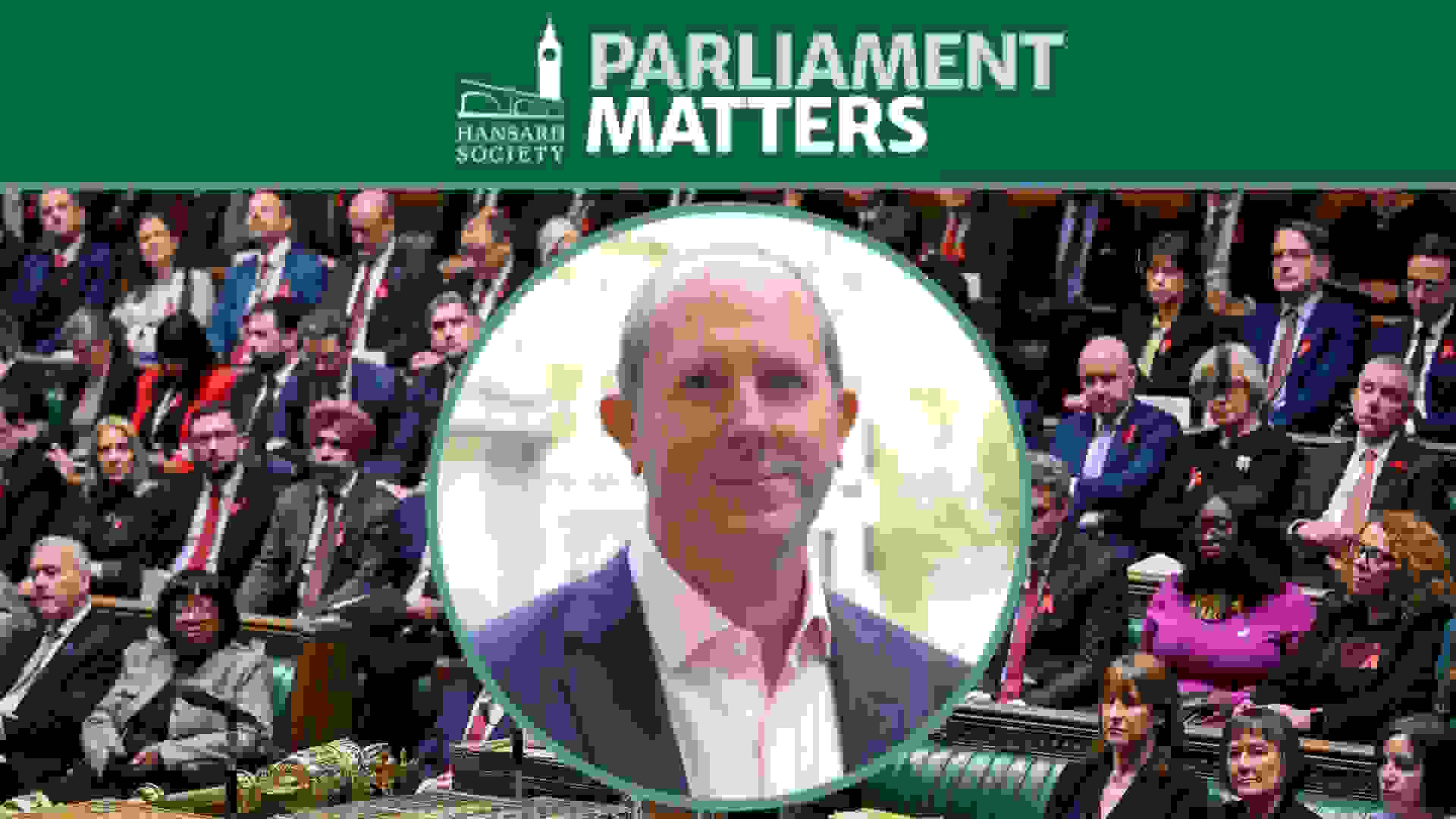Reports / Delegated legislation: the problems with the process
There are problems with both the delegation of powers to make delegated legislation and the scrutiny of the Statutory Instruments (SIs) that arise from those powers. This report sets out some of the central problems that need to be resolved with respect to each of these two aspects of the system.







